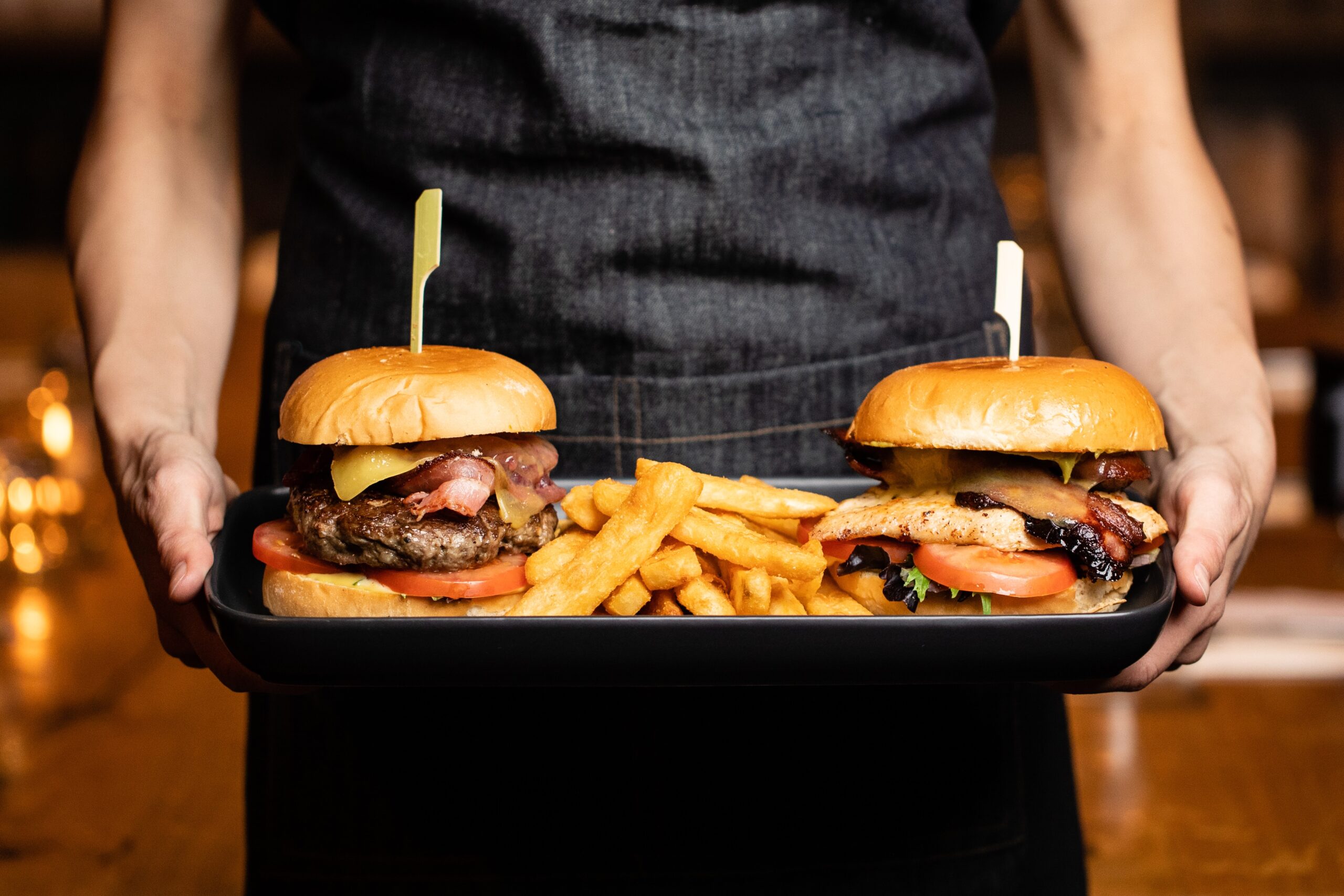Why do All Foods Fit? Here’s 5 Reasons!
share to:

If you’ve been learning about Intuitive Eating, the anti-diet movement, or HAES, you’ve probably heard the term “All Foods Fit”. This refers to the concept that all foods have a place in a healthy, balanced life and encourages peace with food- ALL food. It’s the driving force behind unconditional permission to eat. It is not meant as a restriction, such as “I ate a donut BUT I had fruit earlier so it evens out”, but rather the acceptance of all foods such as “I can have a donut AND the fruit”. Here are some reasons why the All Foods Fit mentality is helpful in diet recovery!
1. All foods are broken down into carbohydrates, proteins, and fats
All energy-containing foods are digested and metabolized into three macronutrients- carbohydrates, proteins, and fats. Sometime people may choose a certain food thinking it will be metabolized ‘better’ or will lead to less overall intake. It can be helpful to think about food in the simplest macronutrient form. For example:

A cheese burger has:
Carbs from the bun
Protein from the meat and cheese
Fat from the cheese and cooking oil

Hummus and pita has:
Carbs from the pita and chickpeas
Protein from the chickpeas
Fat from the olive oil
Where these foods differ is the micronutrient content. A burger has more Iron and B vitamins whereas hummus has more calcium and magnesium. By using the All Foods Fit mentality, you allow yourself to eat foods that have a variety of micronutrients to support your overall health. You also reduce stigma that hummus and pita is better for you than a cheeseburger, because you understand that your body needs macronutrients, no matter the source.
2. The Binge Restrict Cycle
Our bodies don’t know the difference between dieting and famine. When we omit a certain food from our life (deprivation) or reduce your calories (dieting) you signal to your brain that the food is not plentiful. When you are around this food, you will likely overeat! Your brain says “yay, the food is here, I better eat all I can before it disappears again!” This can lead to feelings of guilt, self-blame, and regret. Then, you restrict the food because you feel like you can’t be trusted around it. Thus repeats the cycle.
3. Foods work together to digest efficiently
Fiber from fruits, vegetables, and whole grains helps churn fat and protein to be broken down. Fibers even trap excess cholesterol so it can be pooped out! Carbohydrates (carbs) are fermented by your gut microbiome into short-chain-fatty- acids (SCFA), where they are then absorbed into the bloodstream and protect cardiovascular wellbeing. Fats help signal our brain that we are satisfied and are the last to be digested, so it satiates for longer than just carbs and protein. Proteins slow the absorption of carbs to keep us fueled until our next meal or snack. Balancing our plate with all types of food provides our body with the best digestion and metabolism.
4. Food Jags
If we allow only a few foods in our life, we will eventually get bored of eating them and create what’s called a food jag- when we decrease our overall intake because permitted foods are no longer exciting. For example, let’s say the only breakfast options you allow yourself are yogurt and berries, whole wheat toast with eggs, or a smoothie. You have one option everyday for one month. “I’ve just had smoothies so much and it’s winter now, so I won’t have smoothies anymore”. Now you only have two options. “Yogurt doesn’t sound satisfying, my stomach has been upset and I don’t want to bother it with dairy. I’ll stop eating that and maybe add it later when I feel better.” That leaves eggs on toast. You are no longer getting a rotation of calcium from yogurt or Vitamin C from the fruit smoothie. By challenging food rules that prevent variety, we give ourselves more ways to get in our nutrients and fuel. Varying our food choices from day to day, or week to week, refreshes our palette and excites the senses to keep the eating experience positive.
5. Food is part of our culture
Food represents culture, communion, and bonding. Eating different foods than your significant other on a date, immediate family at the dinner table, or friend at a restaurant can signal that you are different than the others. Sometimes an eating disorder can take advantage of this, and make you feel special or unique for eating differently. Of course, everyone’s plate should look differently according to taste and personal preference. However, when your loved ones are swooning over some delicious bread and butter, and you are having anxiety about the amount of carbs and fat, it can lead to a breakdown in conversation and prevent bonding with each other.

In a world where we’re told to restrict & limit, All Foods Fit can feel pretty radical. I encourage you to stay open and try it for yourself!